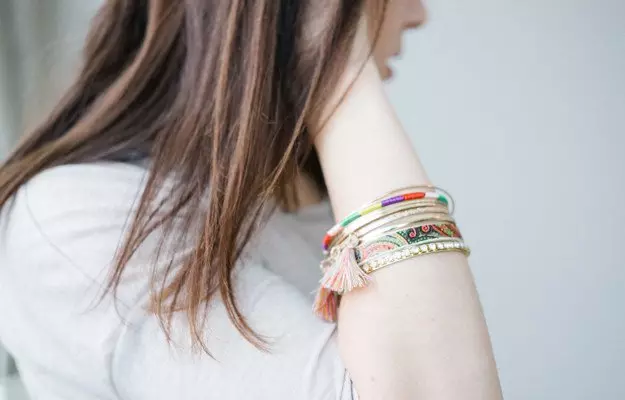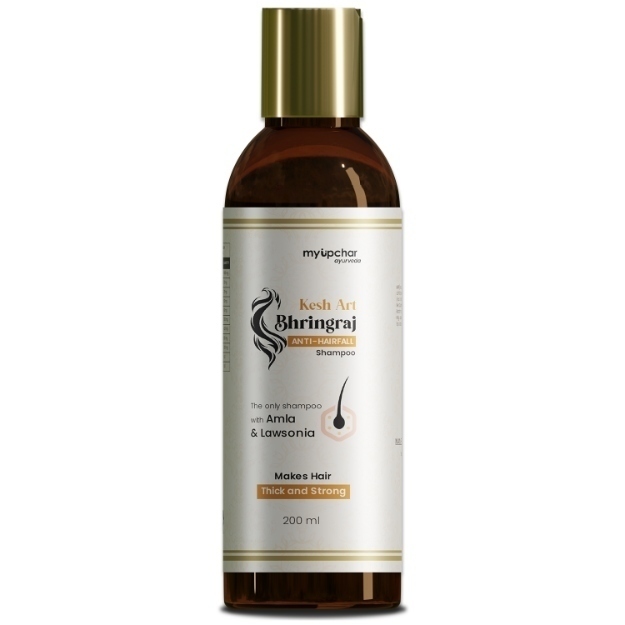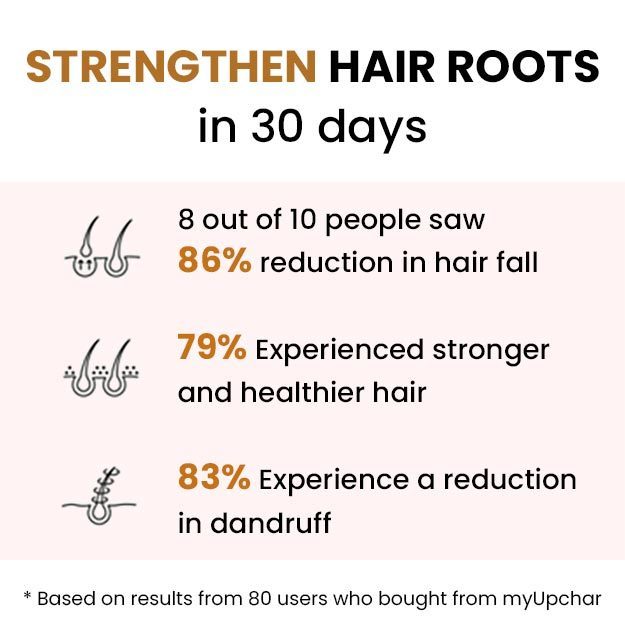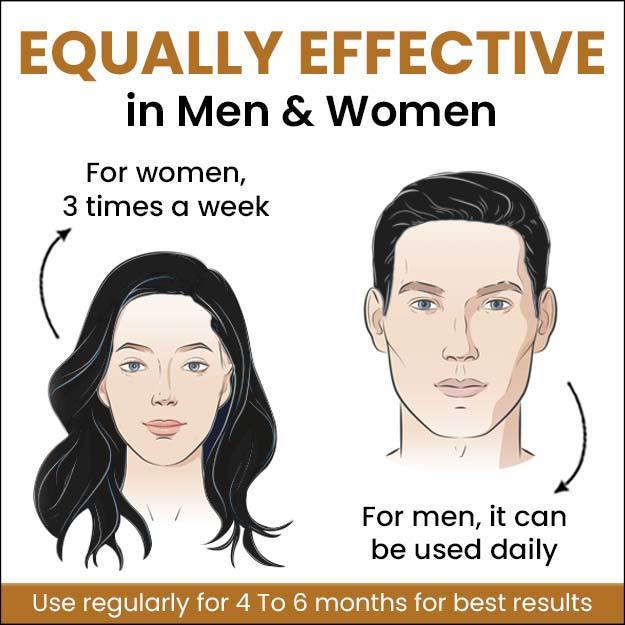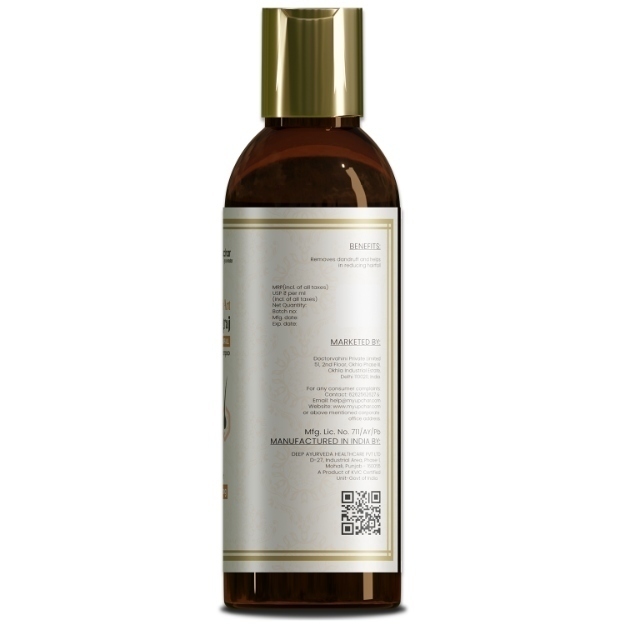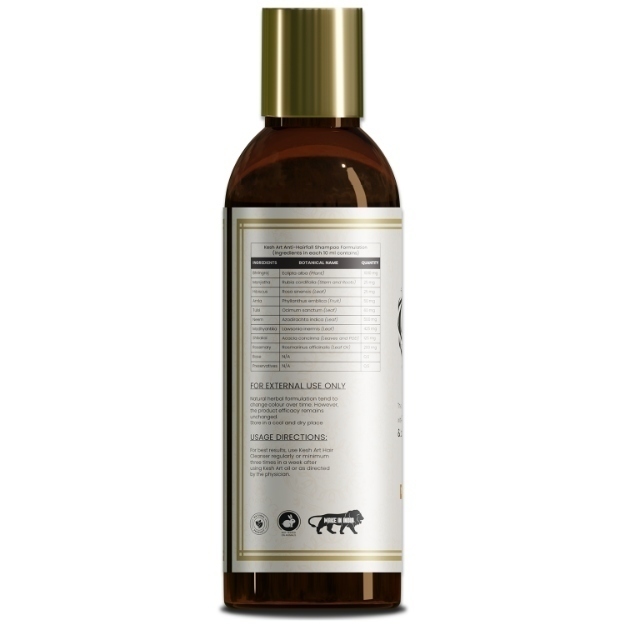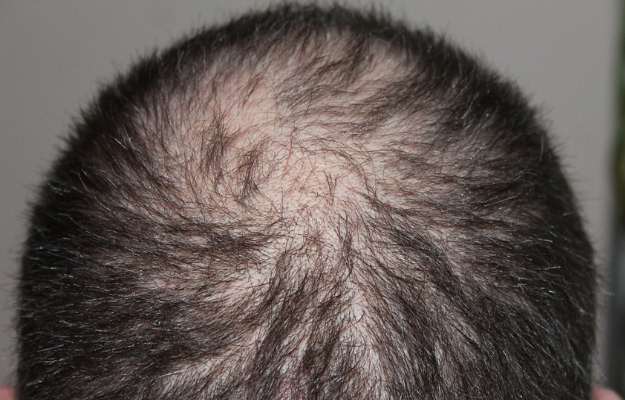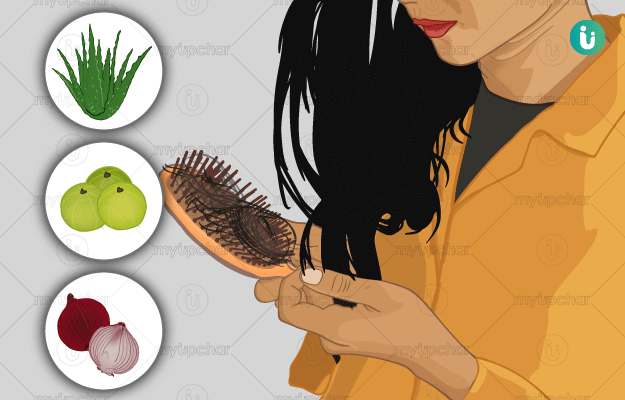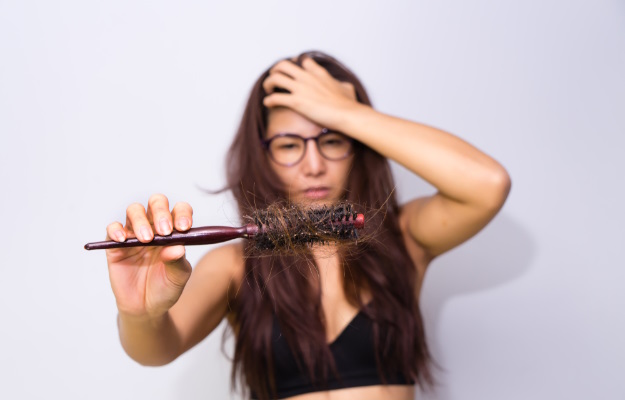There can be many causes of hair breakage, and often more than just one. Here are some of them:
1. Stress
Stress doesn’t just affect your mind. We now know how it can affect almost every aspect of your life. Too much stress or being stressed for an elongated period of time can have many negative side-effects on your body. One of them is an increase in hair breakage. There are three main phases of hair growth:
- Anagen: During which your hair grows
- Catagen: The transition stage, which signifies the end of hair growth
- Telogen: During which your hair prepares to shed
Telogen effluvium is a condition in which the percentage of hair in the telogen stage increase - which results in more shedding of hair. It can be caused by severe stress.
2. Haircare products
Just like the rest of your body, the pH of your hair needs to be balanced for it to remain healthy. The pH of your hair is usually between 4.5 and 5.5. Shampoos and conditioners that can match this (or come close to it) would work perfectly to avoid any bacterial growth and retain optimum levels of moisture.
Some products, however, contain harmful chemicals, like sulphates, parabens, alcohols, etc. Some are worse than others and can completely rid your scalp of sebum (natural oil), make your hair dry and lead to hair breakage.
3. Hair treatments
If you’re a fan of coloured and treated hair, you already know that those hair treatments come with a huge cost - and we’re not talking money. To permanently change the colour or texture of your hair, most of these treatments require the use of chemicals. And these chemicals can cause a lot of damage to your hair and weaken it in the long run. Sure, your hair will look great leaving the salon, but you’ll be able to notice more hair breakage than before.
4. Washing hair too often
Washing your hair removes dirt and excess oil from your hair and scalp. But washing it too often can leave your hair without any sebum and moisture. This might be needed if you have extremely oily hair but if your hair is already on the dryer side, it can really suffer from this habit.
5. Towel drying
Rubbing wet hair vigorously with a towel can cause an increase in hair breakage. Natural drying is the best way to dry your hair after a wash, you can tie your hair in a microfibre towel for a few minutes to let it absorb the excess water.
6. Diet
You might be doing everything right on the outside but if you’re still facing a lot of hair breakage, you should look at your nutritional intake. After all, your diet has an effect on every function of your body - directly or indirectly. Some nutritional deficiencies (like reduced levels of protein, vitamin D, iron, omega-3 fatty acids and zinc) in the body can cause your hair to become brittle and dry. This leads to an increase in hair breakage.
7. Dryness
Moisture is essential for the good health of your hair. And there are just too many things that can strip it from your hair. It can be things that are completely out of your control like extreme heat, dry weather or super low humidity. Or it can be things you’re doing consciously like regularly using hair tools that apply heat like hairdryers, hair straighteners and curling irons.
8. Hairstyles
Yes, some hairstyles are actually more harmful to the health of your hair than others. Styling your hair in a tight bun, braid or even ponytail too often can cause it to break more because of the repetitive strain. This is also called traction alopecia and can be reversed.
9. Not getting a cut
If you’re in the process of growing out your hair, you might skip a haircut or two thinking it might work in your favour. This is actually not the best way to go since it can lead to more hair breakage instead. Cutting off the unhealthy ends can create room for healthy hair to grow by getting rid of split ends that might extend towards the root if not cut in time.
10. Hormonal disorders
Hormonal imbalances can wreak havoc on your body. One of the not-so-horrible symptoms of some of them can be excessive hair breakage. Polycystic ovaries syndrome (PCOS) is characterised by an increase of androgens produced in the body. Apart from irregular periods, acne and weight gain, even loss of hair from the scalp is a symptom of it.
Similarly, with thyroid disorders, an imbalance in the thyroid hormone can cause thin and brittle hair. It can result in excessive hair loss or breakage, resulting in some bald patches. Other symptoms are fatigue, weight gain and cold insensitivity.
(Also read: Hair loss symptoms, treatment, medicine, prevention)


